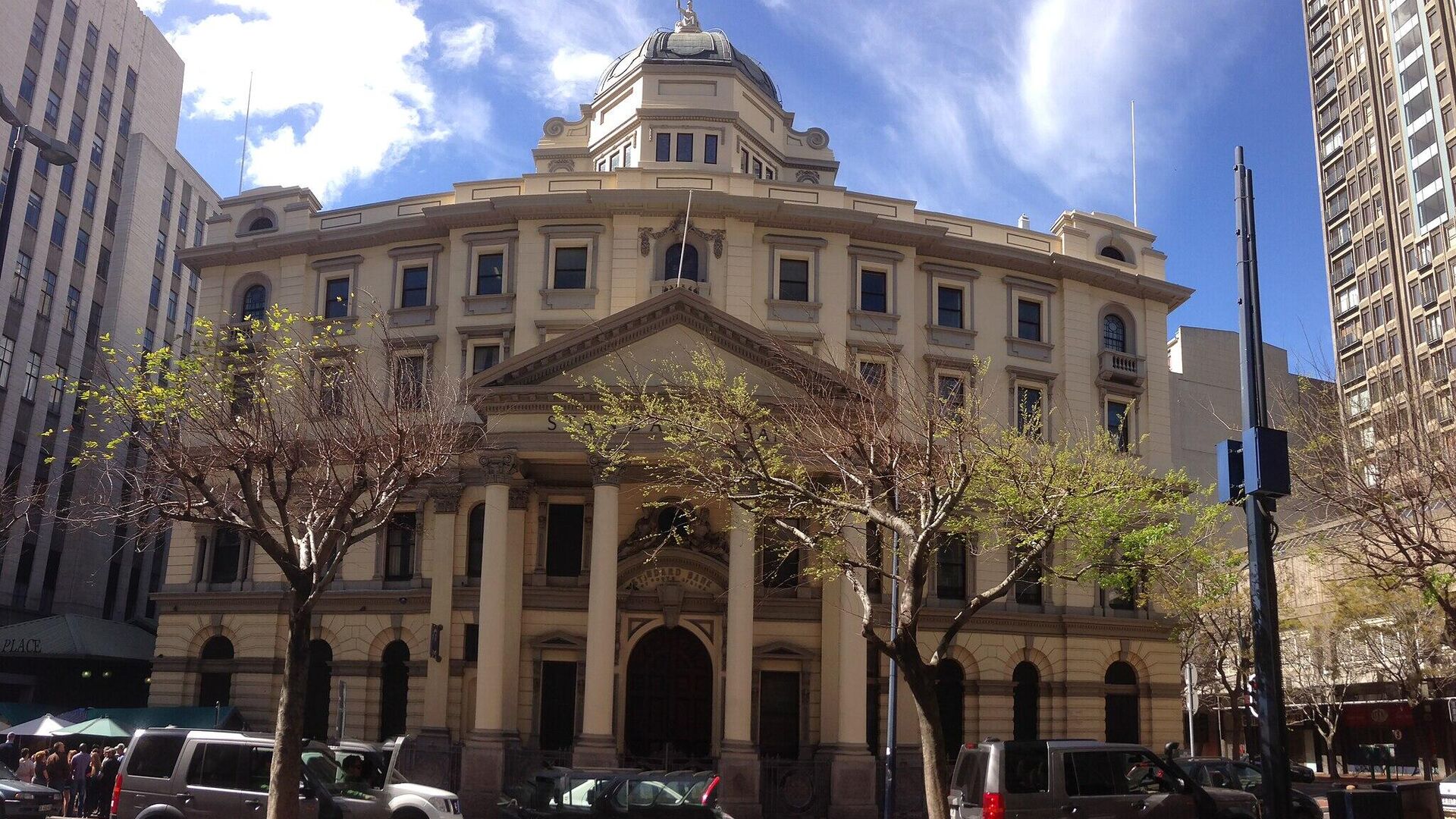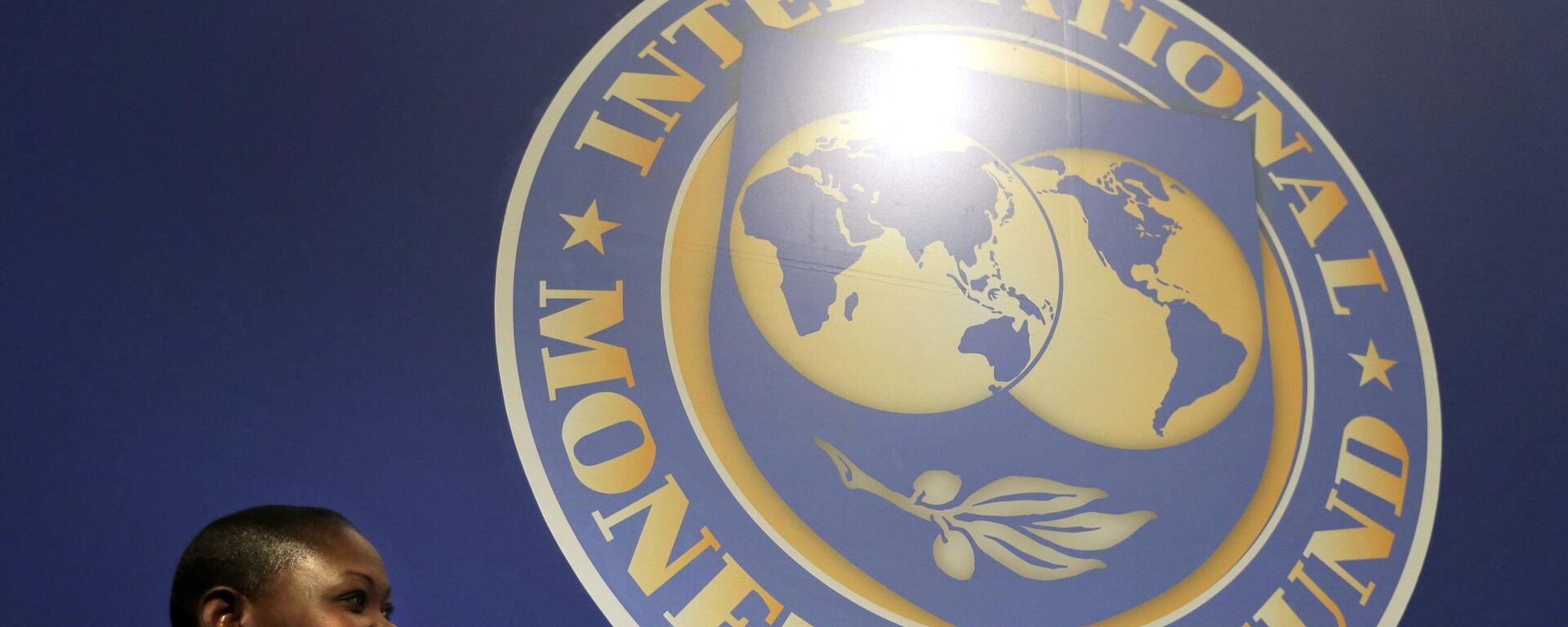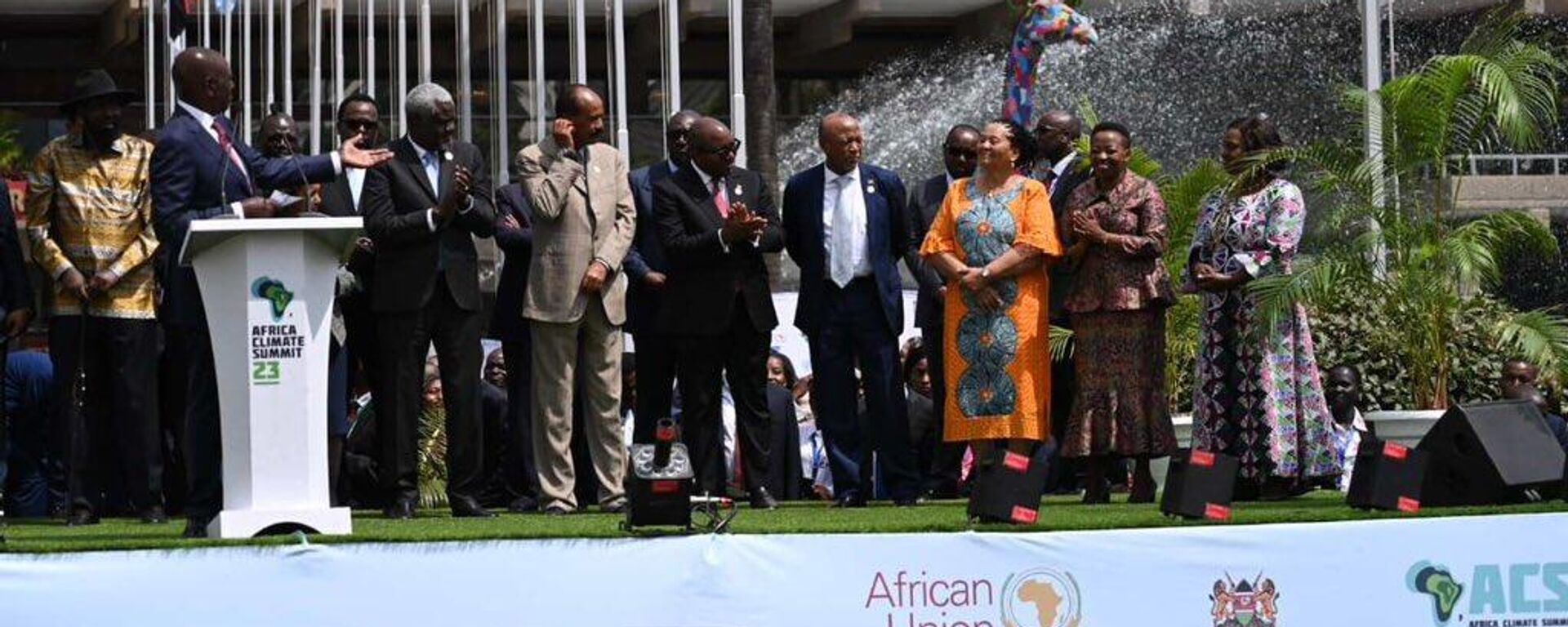https://en.sputniknews.africa/20231023/africa-has-right--duty-to-harness-natural-resources-to-improve-peoples-lives-sa-bank-director-1063018691.html
Africa Entitled to Harness Its Natural Resources for Its Peoples' Benefit: SA Bank CEO
Africa Entitled to Harness Its Natural Resources for Its Peoples' Benefit: SA Bank CEO
Sputnik Africa
Last week, Ethiopian Prime Minister Abiy Ahmed expressed confidence in Africa's potential to become an economic, political, and social powerhouse by leveraging... 23.10.2023, Sputnik Africa
2023-10-23T14:16+0200
2023-10-23T14:16+0200
2023-10-23T15:38+0200
sub-saharan africa
south africa
cyril ramaphosa
yoweri museveni
kenya
southern africa
bank
renewable energy
https://cdn1.img.sputniknews.africa/img/07e7/0a/17/1063021743_0:71:2049:1223_1920x0_80_0_0_f49fa2f76df9685259dd0eaab15f0cd4.jpg
CEO of South Africa's Standard Bank Group, Sim Tshabalala, wrote an op-ed for a local media outlet, highlighting that African countries have both the right and responsibility to develop their natural resources and economies for the benefit of their people. Tshabalala emphasized that these resources should be utilized to support agricultural growth and promote effective urban development across the continent.In this regard, he strongly criticized the approach that denies African countries the opportunity to exploit non-renewable resources as a means of development.The CEO stressed that the poorest countries "should be able to borrow and invest" in almost all forms of generating and industrializing energy. He also noted that Standard Bank advocates that transition fuels, such as natural gas, play a significant role in middle- and high-income countries in their "feasible path to a net-zero economy."Controversy Over RenewablesIn early September, Kenya hosted the Nairobi Climate Summit, which announced $23 billion for "green growth, mitigation and adaptation" in Africa.However, the event underscored the ambiguous relevance of the green transition for African countries. For example, South African President Cyril Ramaphosa did not attend the summit, reportedly in protest against "pressure from some European partners" to transition to renewable energy and move away from coal, which accounts for 80% of the country's energy.Ugandan President Yoweri Museveni also skipped the summit. The Kenyan outlet The Nation explained that the president emphasized that "Africa is nobody's slave and reserves the right to conduct its affairs as it sees fit." Earlier at the Second Russia-Africa Summit, NJ Ayuk, the executive chairman of the African Energy Chamber, told Sputnik Africa that it is pointless to talk about the continent's leapfrog to renewables amind a lack of a proper financing. He also stressed that thanks to Africa's resources, many locals can find jobs and urged African nations to use all resources, both non-renewable and renewable, to boost the availability of electricity.
https://en.sputniknews.africa/20231018/which-country-could-become-africas-largest-economy-in-2024-1062873806.html
https://en.sputniknews.africa/20230908/why-did-several-african-leaders-skip-kenyas-climate-summit-1061956584.html
south africa
kenya
southern africa
Sputnik Africa
feedback@sputniknews.com
+74956456601
MIA „Rossiya Segodnya“
2023
Maxim Grishenkin
https://cdn1.img.sputniknews.africa/img/07e7/0a/17/1063018107_0:0:1104:1103_100x100_80_0_0_03090c85a11f5d2e8a19cf1d989443c9.jpg
Maxim Grishenkin
https://cdn1.img.sputniknews.africa/img/07e7/0a/17/1063018107_0:0:1104:1103_100x100_80_0_0_03090c85a11f5d2e8a19cf1d989443c9.jpg
News
en_EN
Sputnik Africa
feedback@sputniknews.com
+74956456601
MIA „Rossiya Segodnya“
Sputnik Africa
feedback@sputniknews.com
+74956456601
MIA „Rossiya Segodnya“
Maxim Grishenkin
https://cdn1.img.sputniknews.africa/img/07e7/0a/17/1063018107_0:0:1104:1103_100x100_80_0_0_03090c85a11f5d2e8a19cf1d989443c9.jpg
south africa, cyril ramaphosa, yoweri museveni, kenya, southern africa, bank, renewable energy
south africa, cyril ramaphosa, yoweri museveni, kenya, southern africa, bank, renewable energy
Africa Entitled to Harness Its Natural Resources for Its Peoples' Benefit: SA Bank CEO
14:16 23.10.2023 (Updated: 15:38 23.10.2023) Last week, Ethiopian Prime Minister Abiy Ahmed expressed confidence in Africa's potential to become an economic, political, and social powerhouse by leveraging its abundant natural resources and demographic dividends.
CEO of South Africa's Standard Bank Group, Sim Tshabalala, wrote an
op-ed for a local media outlet, highlighting that African countries have both the right and responsibility to develop their natural resources and economies for the benefit of their people. Tshabalala emphasized that these resources should be utilized to support agricultural growth and promote effective urban development across the continent.
"We have a right and an urgent duty to use all our resources to develop resilient agriculture, build effective storm-water drainage systems, implement decent town planning so that communities do not build homes on flood plains, and improve the lives of Africans generally," Tshabalala wrote.
In this regard, he strongly criticized the approach that denies African countries the opportunity to exploit non-renewable resources as a means of development.
"To argue that the poorest African countries should be prevented by externally imposed rules from using their non-renewable resources raises questions about where people who think like this stand on human rights and human development," Tshabalala pointed out.
The CEO stressed that the poorest countries
"should be able to borrow and invest" in almost all forms of generating and industrializing energy. He also noted that Standard Bank advocates that transition fuels, such as natural gas, play a significant role in middle- and high-income countries in their "feasible path to a
net-zero economy."
Controversy Over Renewables
In early September, Kenya hosted the Nairobi Climate Summit, which announced $23 billion for "green growth, mitigation and adaptation" in Africa.
However, the event underscored the ambiguous relevance of the green transition for African countries. For example, South African President Cyril Ramaphosa did not attend the summit, reportedly in protest against "pressure from some European partners" to transition to renewable energy and move away from coal, which accounts for 80% of the country's energy.
Ugandan President Yoweri Museveni also skipped the summit. The Kenyan outlet The Nation explained that the president emphasized that "Africa is nobody's slave and reserves the right to conduct its affairs as it sees fit."
Nigerian President Bola Tinubu also declined to attend the event, reportedly unwilling to heed the advice and directives of Western countries that are themselves major polluters.
Earlier at the Second Russia-Africa Summit, NJ Ayuk, the executive chairman of the African Energy Chamber, told
Sputnik Africa that
it is pointless to talk about the continent's leapfrog to renewables amind a lack of a proper financing.
He also stressed that thanks to Africa's resources, many locals can find jobs and urged African nations to use all resources, both non-renewable and renewable, to boost the availability of electricity.




